 A blast from the past about Edna and Wilmer Kearns.
A blast from the past about Edna and Wilmer Kearns.
by Marguerite Kearns
With a life-long reputation of telling stories, Granddaddy tested many of his tales on me. Often he wore a seersucker suit with a tie. In cool weather, I’d find him at home wearing a wool shirt. I liked how Wilmer presented himself as a gentleman, an old-fashioned man who opened doors for women, little girls, and those carrying heavy packages. He stood up in a crowded bus or train to gift his seat to others.
MY GRANDFATHER WAS OF A VERY DIFFERENT GENERATION
Granddaddy didn’t consider offering his bus or train seat as a duty; he claimed it was connected to his love of service. My grandfather was involved in a project with his friend Jonathan C. Pierce, a Quaker from White Plains. They planned to change the world by ending war. Pierce, who my mother called “Uncle Jonathan,” widely distributed his pamphlet “Building the Better World for Tomorrow: Blueprint for Righteousness.”
My grandfather used writing and public speaking to promote Jonathan’s peace proposals— advocacy and lobbying talents he’d learned from Edna who practiced them as a grassroots women’s suffrage activist. To me at the age of ten, Edna was a celebrity. To the rest of the nation, knowledge about the votes for women organizing of the nineteenth and twentieth centuries was barely known.
I WAS FASCINATED WITH STORIES FROM A DIFFERENT TIME
I didn’t ask my mother and aunt why they didn’t like to talk about Edna or why my mom wouldn’t didn’t let me hold Edna’s photo in my hands. I asked questions anyway in order to piece together the story myself. I chased after Wilmer’s stories as if he were the Pied Piper luring me into the unknown. I didn’t need to see a photo of his suit the day he met Edna in 1903. I visualized it as dark brown and the chain for his pocketwatch a foot long. If he skipped over details, I filled in empty spaces by picturing the scenario with my eyes closed. When I sensed Wilmer heading toward a pile of horse manure on a busy New York City street, I yanked at his coat.
Wilmer told me Edna was strong, gentle, and concerned about freedom for herself and others. Her voice was clear, and she dressed in graceful plain styles with roses in her hair. My grandfather whispered to me that he fell in love with her immediately, as if the words were too tender to speak out loud. My grandfather said Edna was part of a generation of young women committed to speaking out for justice and liberty with a bold eloquence.
I LOVED ASKING WILMER QUESTIONS ABOUT HIS YOUTH
“What was Edna’s voice like?” I asked.
“Firm and determined,” he said.
“With everyone?”
“Yes.”
“She must have fallen in love with you right away.”
“I came from a different part of Pennsylvania. And I wasn’t a Biddle, Wistar, Scattergood, Jones, Morris, Drinker, or someone from the old Philadelphia Quaker families.”
SUPPORT SUFFRAGE-RELATED EVENTS IN 2019 AND 2020:
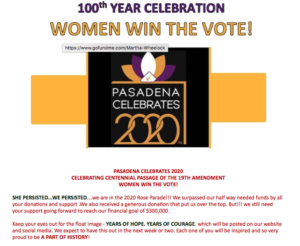 From Suffrage Wagon News Channel:
From Suffrage Wagon News Channel:
We have been publishing since 2009.
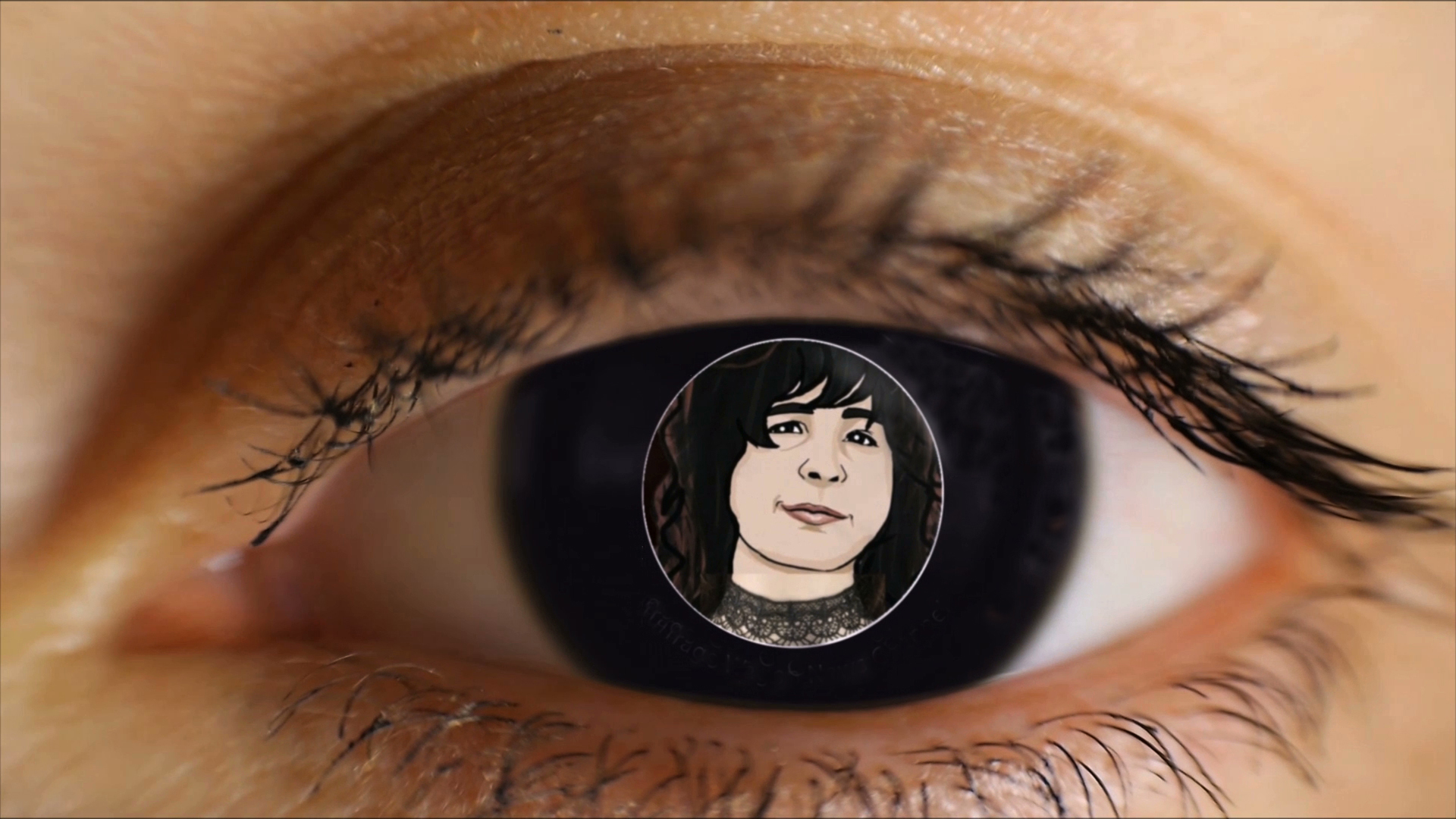
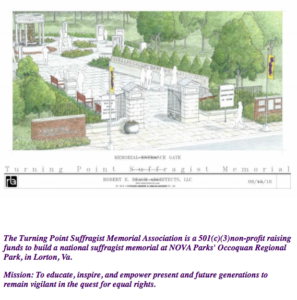
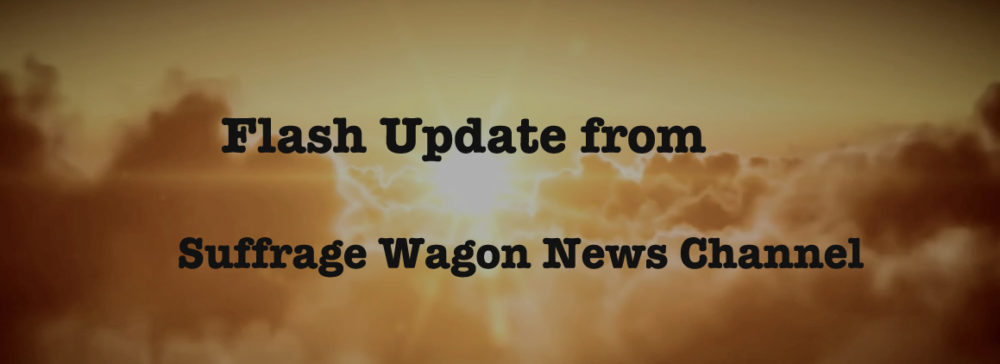

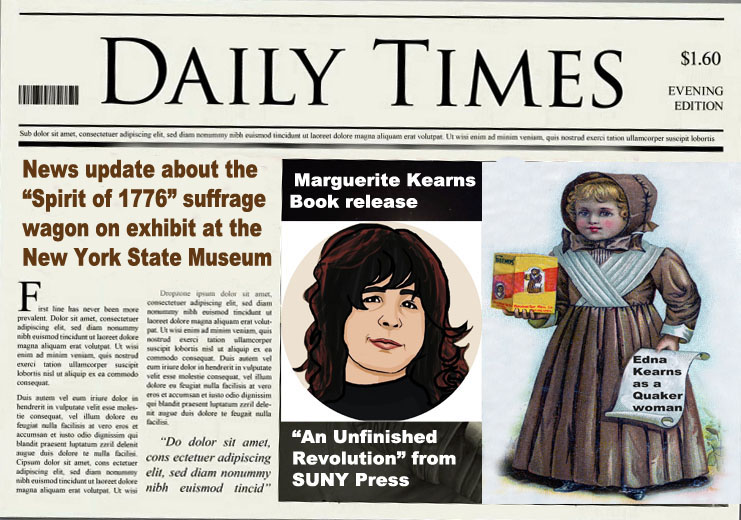
0 Comments